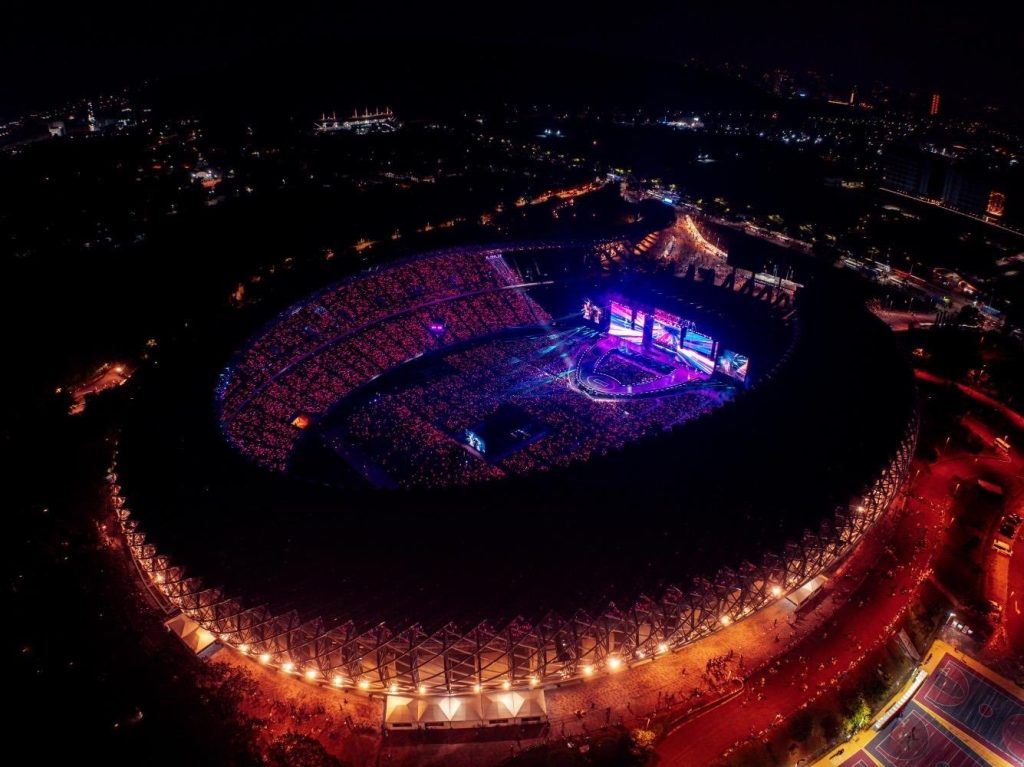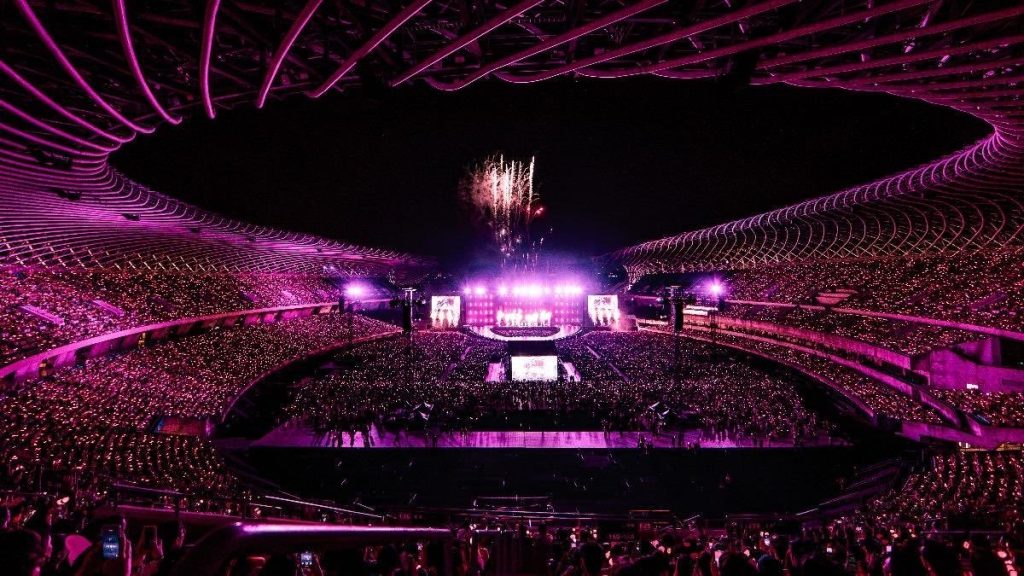By RK Shih / Staff
(Images: Social media/X )
KAOHSIUNG — Two nights, 110,000 fans, and a city eager to prove it belongs on the global concert map. BLACKPINK’s sold-out shows at Kaohsiung National Stadium on October 18–19, 2025, marked not only a pop-culture milestone but also a stress test for the southern port city’s ambitious “concert economy.”
Record Crowds, Full Hotels
Kaohsiung National Stadium (高雄國家體育場) — Taiwan’s largest outdoor venue — holds about 55,000 spectators for concerts. Two consecutive sellouts pushed attendance near 110,000, according to venue data and Live Nation Taiwan’s listings.
City tourism officials said hotel occupancy exceeded 90 percent across the city on October 17–19, with full bookings stretching through the weekend. The Tourism Bureau dispatched inspectors to prevent price gouging and check fire and safety compliance — a policy first introduced during major events in early 2024.
Fans Queued Overnight — and Scammers Struck
Demand was so intense that hundreds lined up before dawn outside the stadium. “We drove down from Taichung at 1 a.m.,” one fan surnamed Huang told Focus Taiwan. Another fan from Tainan said she and her daughter made two trips just to try again for tickets.
Police confirmed a ticket-fraud case involving about 30 foreign fans. A 25-year-old suspect who claimed to be selling 50 seats was arrested by Kaohsiung’s Zuoying Precinct after failing to deliver the tickets. Authorities reminded concertgoers to buy only through verified channels following similar scams across Asia.
The Ripple Effect
Kaohsiung officials estimate that concerts generated NT$3.2 billion (US$99 million) in 2024, drawing roughly 950,000 attendees citywide. Based on the city’s own average of ≈NT$3,368 per visitor, BLACKPINK’s two nights alone likely injected about NT$370 million (US$11 million) into the local economy — excluding ticket sales.
That spending covered hotels, restaurants, transport, and retail. Kaohsiung MRT trains and shuttles near the Zuoying–World Games area ran at full capacity both nights, while nearby malls and night markets reported surges in foot traffic.
Nationally, concerts generated NT$22.1 billion in visitor spending and 2.8 million tickets sold last year, according to the MOTC Tourism Bureau. Kaohsiung’s share of that total is rising fast as more international acts bypass Taipei’s limited indoor venues for the south’s open-air stadiums.

Why It Matters
City officials tout the BLACKPINK weekend as proof that Kaohsiung’s investments in transport links and event logistics are paying off. “The concert economy is now part of Kaohsiung’s tourism strategy,” the Tourism Bureau said, calling the operation “a model for southern Taiwan.”
Beyond tourism, the shows tested civic readiness: crowd control, digital ticketing, and hotel regulation. The city largely passed, though the ticket-fraud arrests showed how big events also attract opportunists.
The Dissenters
Not everyone is fully on board with Kaohsiung’s concert push.
- Low venue revenue: A Taipei Times audit found that while the stadium hosted 18 concerts in 2023, it earned just NT$9.75 million (≈US$320,000) in rental revenue — an average of NT$540,000 per event — leaving operations “financially unbalanced.”
- Waived or discounted fees: Critics argue that the city’s practice of waiving or cutting venue commissions hides the true cost and complicates cost-benefit assessment.
- Shifting burdens: Some councilors warn that the rent-free strategy transfers maintenance and staffing costs to taxpayers rather than letting the market set fair rates.
- Price-gouging risks: During 2023–2024 concerts, inspectors documented hotels inflating room rates, forcing the city to conduct random audits.
Analysts say these issues matter because high attendance alone does not guarantee fiscal sustainability. If rent income stays low while maintenance costs remain fixed, the city’s “concert economy” could rely more on subsidies than self-support.

The Bottom Line
Kaohsiung’s weekend with BLACKPINK showed what the city can achieve: world-class logistics, near-flawless crowd control, and a sense of southern pride. But keeping the beat going will require more than booking global superstars. The challenge now is ensuring that the city — not just the fans — stays in tune with the economics behind the applause.
(Sources: Executive Yuan Transitional Justice & Tourism Reports; MOTC Tourism Bureau; Kaohsiung City Tourism Bureau 2024 Year-End Report; CNA; Liberty Times; UDN; Taipei Times, Feb 2024.)



